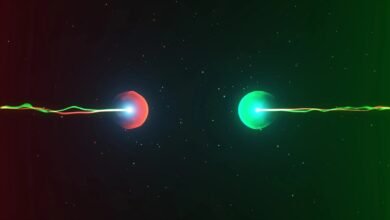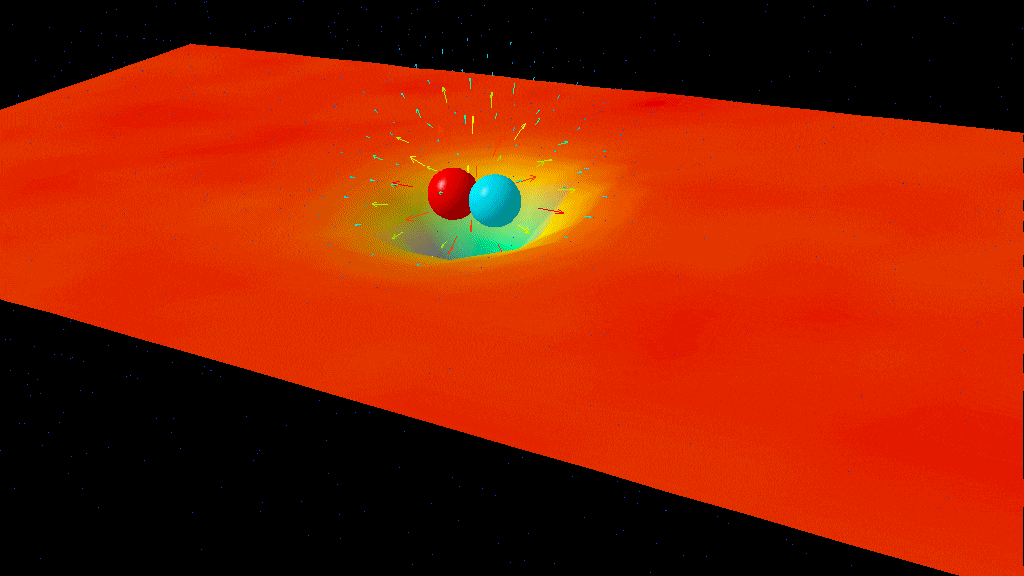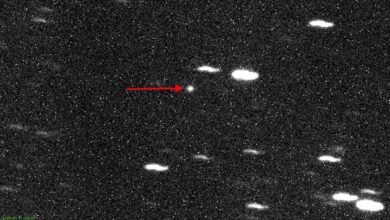No, the “Kalam cosmological argument” doesn’t prove God’s existence | by Ethan Siegel | Starts With A Bang! | Apr, 2025

The Kalam cosmological argument asserts that everything that exists must have a cause, and the “first” cause must be God. Is that valid?
We know that everything in the Universe, as it exists today, arose from some pre-existing state that was different from how it is at present. Billions of years ago, there were no humans and no planet Earth, as our Solar System, along with the ingredients necessary for life, first needed to form. The atoms and molecules essential to Earth also needed a cosmic origin: from the lives and deaths of stars, stellar corpses, and their constituent particles. The very stars themselves needed to form from the primeval atoms left over from the Big Bang. At every step, as we trace our cosmic history back farther and farther, we find that everything that exists or existed had a cause, and a precursor state, that brought about its existence. Even our Big Bang itself was caused by cosmic inflation, which we presume (but have not proven) must have had an initial cause, itself.
Can we apply this logical structure to the Universe itself? Since the late 1970s, philosophers and religious scholars — along with a few scientists who also dabble in those arenas — have asserted that we can. Known as the Kalam cosmological argument, it can be broken down into three simple steps:
- whatever begins to exist has a cause that brings it into existence,
- and the Universe, which exists, must have began to exist at some point,
- and therefore the Universe itself must have a cause to its existence.
So what, then, is the cause of the Universe’s existence? The answer, according to adherent and defenders of the Kalam argument, must be God. That’s the crux of the argument being made when people assert that “modern cosmology proves the existence of God.” But how well do the premises hold up to scientific scrutiny? Has science proved them, or are other options possible, or even more likely? The answer lies neither in logic nor in theological philosophy, but in our actual scientific knowledge of the Universe itself.




